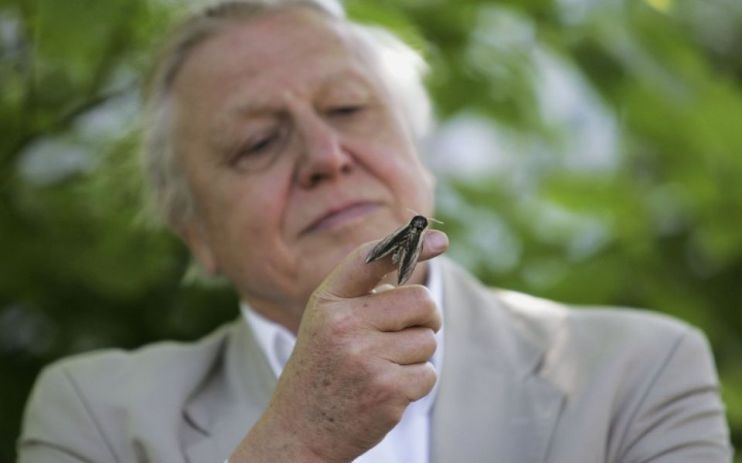David Attenborough documentary spurred on appetite for ESG investment

British investors have opted for ESG funds over the last three years more than any other category of investment fund, according to Calastone’s latest figures.
The appetite for a more sustainable and ethical approach to investing came in the autumn of 2017, which coincided with the release of David Attenborough’s Blue Planet 2 documentary.
Little to no new money had been invested in ESG funds between 2015 and 2017, according to a special edition of Calastone’s Fund Flow Index.
The data suggests the change in mood was due to environmental concerns, rather than moral or social ones.
In the 31 months to July 2017, just £107m was invested in ESG funds, the result of £6.4bn in two-way trading. Between then and April 2020, the total volume of trading more than doubled to £16.5bn, with net inflows rising to £3.9bn.
Calastone’s ESG Fund Flow Index has averaged 61.9, meaning that buying was almost two thirds larger than selling activity. It is comfortably the most positive reading for any of the fund categories Calastone measures, including passive equity funds, which have a reading of 59.
January 2020 saw record inflows to ESG funds with £395m invested – almost as much new money as 2015, 2016 and 2017 put together. Even in March, which prompted a flood of outflows, ESG funds only saw £17m in outflows. Inflows returned in April to reach £334m.
Edward Glyn, head of global markets at Calastone, said: “Fund management groups are investing heavily in the category in response to growing investor demand. This higher profile for ESG funds and a growing focus on managing non- financial operating risk is driving demand higher too from institutional investors.”
“It’s surely no coincidence that the growth in ethical funds took off in the autumn of 2017 when [David Attenborough documentary] Blue Planet II shocked the world by revealing the extent of the ocean plastic pollution problem.”
Get the news as it happens by following City A.M. on Twitter.